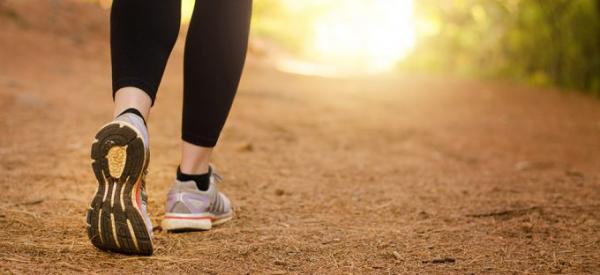
Movement to optimise your health in 2020
Research has indicated time and time again the importance of movement for human health and longevity. Exercise helps create new brain cells, boosts our mood and can help prevent cognitive decline. Yet many of us struggle to develop an exercise habit or may find it to be a burden. Studies indicate we persist with exercise we enjoy, rather than whatever workout is popular, or routines we simply force ourselves to endure.
When setting your intentions for movement in 2020, include activities that you’ll enjoy to increase the likelihood of staying with your program. We recommend you get moving at least 4 days per week doing something that’ll get your heart rate up for at least 30 minutes.
Our favourite forms of exercise include:
Walks and hikes
In the summer months, a morning walk before breakfast is the perfect way to start your day. Consider visiting the Melbourne Botanical Gardens, or find a local park you can walk to. The Dandenong Ranges National Park, Warrandyte State Park, Mornington Peninsula National Park and Werribee Gorge are just some of the many places surrounding Melbourne you could visit on the weekend to do a hike.
Qigong and Tai Chi
Qigong and Tai Chi are ancient Chinese movement practices. They involve slow, gentle body postures and movements, breath work, and meditation. A comprehensive review of QiGong and Tai Chi found their benefits to include improved bone health, reduced risk of falls in elderly, reduction in blood pressure, increased heart rate variability, and improved self-efficacy in people’s ability to manage pain or health condition.
Restorative movement and meditation
Restorative movement, such as yoga, has been shown to have a wide range of benefits including improved muscle strength and flexibility, improved respiratory and cardiovascular function, and can help manage stress, anxiety and depressive symptoms, and chronic pain. A regular yoga practice has also been found to improve sleep. There are different forms of yoga (e.g. Vinyasa, Hatha, Kundalini and Yin) each with their own unique benefits, so it’s worthwhile trying a few to see which you like best.
Strength-based training
Strength-based training helps improve insulin sensitivity, support bone health by increasing bone mineral density and maintain weight by decreasing visceral fat and increasing metabolic rate (thereby making your body more efficient at using energy). We recommend doing machine-based weights (rather than free weights), as they are safe and easy to use. Most gyms have qualified personal trainers on the floor to help monitor your form and technique. Vary your routine to ensure you’re working different body parts during each session. Aim for consistency, and progressively increase your weight and repetitions (to stimulate muscle growth). Try a group class for extra motivation and so you don’t have to create your own workout.
If you’d like more personalised guidance on how to best incorporate movement into your daily routine, call 9894 0014 to book in with one of our natural health care practitioners.

